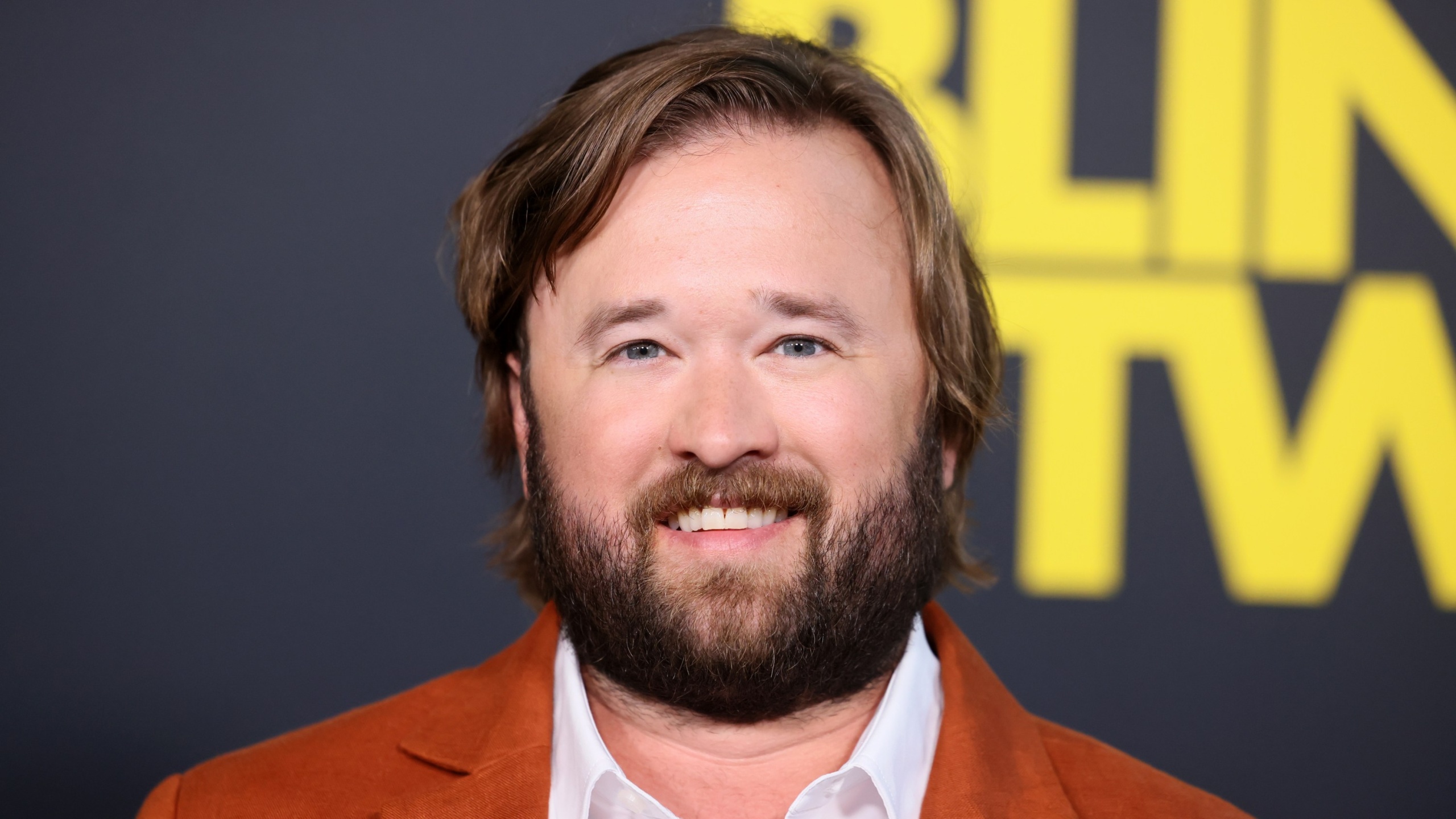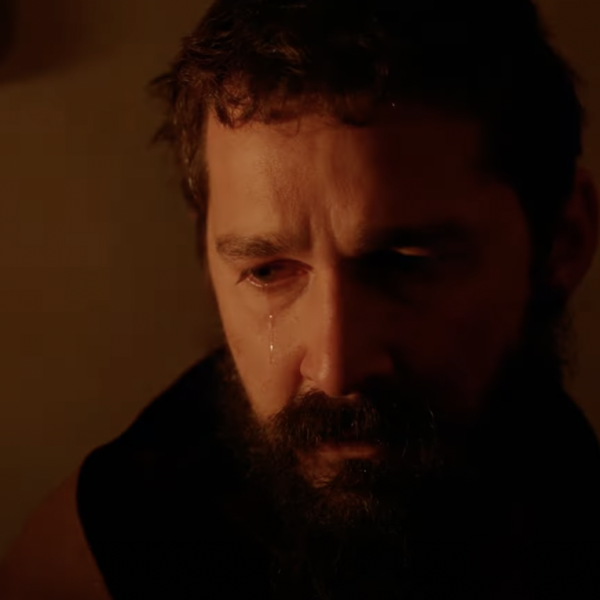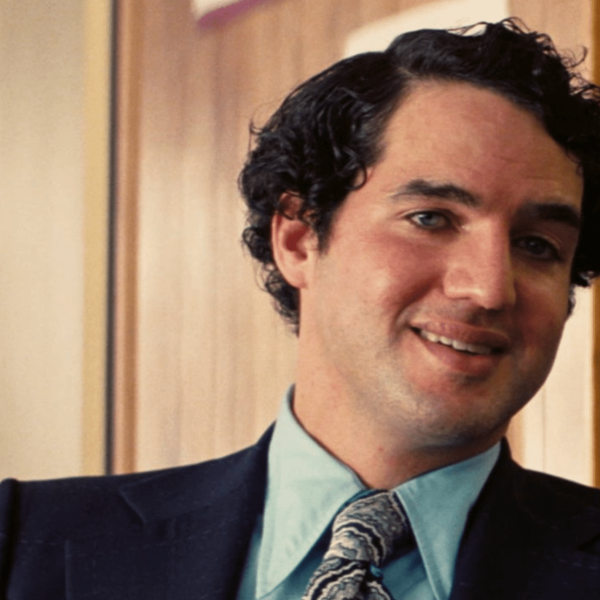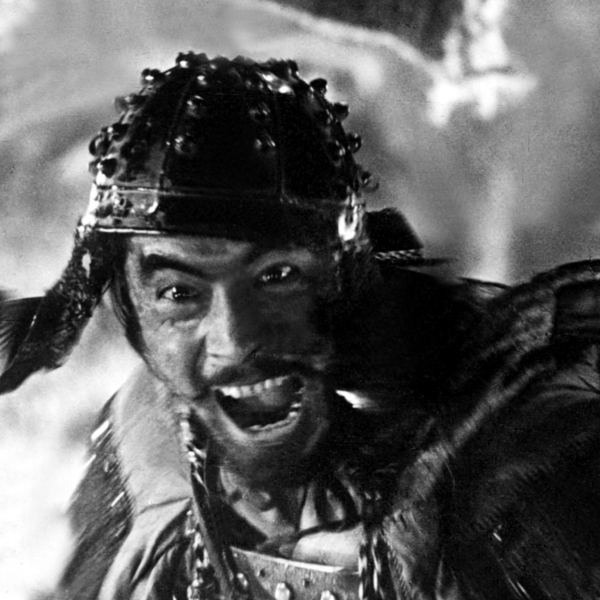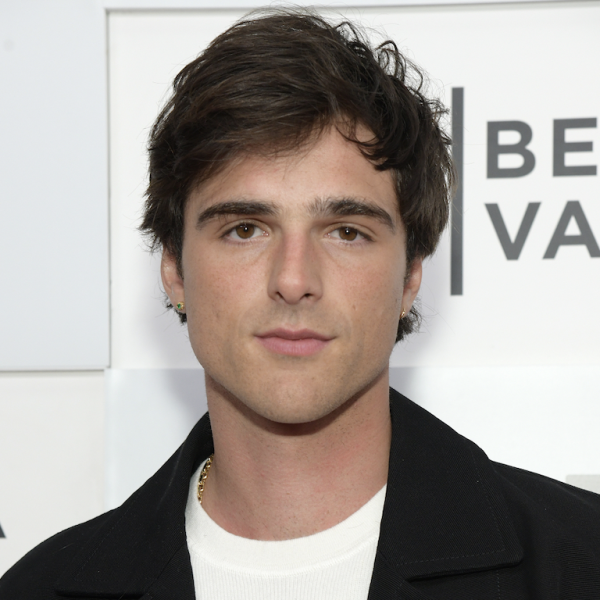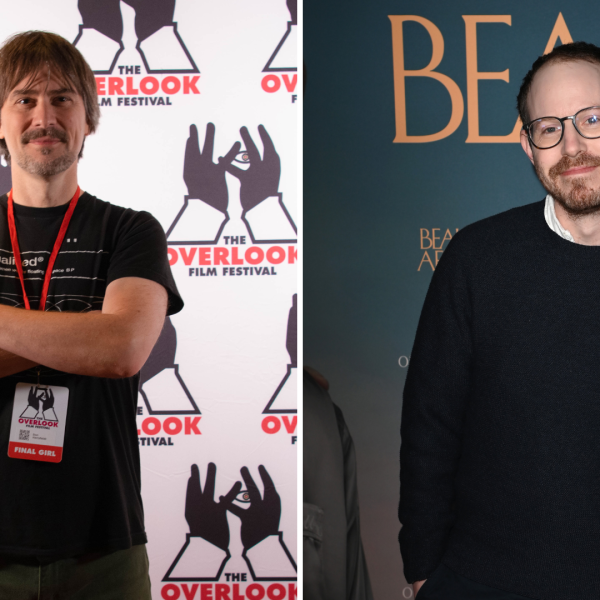[Editor’s note: The follow interview contains spoilers for the ending of “The Sixth Sense,” in case you’ve been living in a locked cupboard…]
In an era where Quentin Tarantino locks scripts in a safe to prevent leaks, or Marvel actors sign NDAs after reading already encrypted scripts, it’s hard to imagine how spoiler culture left “The Sixth Sense” unscathed in 1999 when no such clandestine measures existed.
M. Night Shyamalan’s unexpected smash thriller — and at $672 million worldwide unadjusted, you just can’t overstate what a smash “The Sixth Sense” really was — about a tortured soul of a nine-year-old (Haley Joel Osment) who sees the walking dead among us basically jumpstarted the modern twist ending phenomenon. And because of “The Sixth Sense,” it was a fait accompli for thrillers that followed that they necessarily would have a twist ending — including Shyamalan’s own on subsequent films “Unbreakable” and “Signs.” As “The Sixth Sense” turns 25 this month, IndieWire spoke with star Haley Joel Osment about his memories of the production. Curiously, he said, there was no “press strategy powwow” before or during production to prevent loose lips from spoiling the end twist: That Bruce Willis’ character, the child psychologist assigned to Cole, has actually been dead all along.
“I really don’t remember there ever being a meeting or a talking-to or a press strategy powwow about keeping that secret,” said Osment, who stars in Zoë Kravitz’s upcoming #MeToo-centric island thriller “Blink Twice.” “A lot of that was the era that we lived in. There wasn’t spoiler culture, at least as much as there is now, back in the late 1990s. And the internet wasn’t as omnipresent, and people couldn’t be taking photos of things that maybe they shouldn’t be taking photos of on-set without having to go get the film developed after.”
However, Osment said, that lack of a studio-sanctioned protective bubble also had much to do with the fact that neither he, nor director M. Night Shyamalan, or producers at Spyglass along with Frank Marshall and Kathleen Kennedy, thought “The Sixth Sense” would be such a hit.
“We also did not see it becoming the phenomenon that it became. I think we were all really proud of the movie that we made, and I remember having dinner with Night at the press junket right before the movie came out, where he was expressing his hope that it would stay in the top three through word of mouth for a couple of weeks. Nobody saw it going to number one,” Osment said. The eventually Best Picture-nominated supernatural drama stayed #1 at the box office for five weeks, becoming only second after “Titanic” at that time to gross more than $20 million at the top spot five weeks running.

Apparently, five weeks at #1 also means there was a reverence to press embargoes and a no-spoilers sentiment among audiences, too? Must have been nice. And 1999 was the same year when the title of a track from “The Phantom Menace” score by John Williams revealed the late-act death of Liam Neeson’s Qui-Gon Jinn weeks before people even saw that “Star Wars” film.
“That kind of international attention is what then made it seem like a secret that had to be guarded,” he said. “But yeah, it is wild to me because I certainly don’t remember signing an NDA, and nowadays, if you’re auditioning for some voice job, you have to sign an NDA for some lines that aren’t even going to be in the final product. So we’ve definitely come to a different place. I have not worked on a movie with these yet, but friends of mine have worked on some films where the physical script pages are this weird, glossy, dark red, so you can’t actually physically photograph them. It’s terrible because you can’t see them with your eyes, either.”
Just 10 years old when “The Sixth Sense” filmed on location in Philadelphia in 1998, Osment said he wasn’t sheltered from the reality of the script the way, say, Stanley Kubrick coaxed Danny Lloyd into believing “The Shining” was a family drama, and not an ax-murderous horror movie. Osment’s character has some disturbing encounters that scarred anyone who saw it as a kid: a jilted woman with slashed wrists in a pink bathrobe, or a vomiting small Mischa Barton, whose mother is poisoning her slowly. Osment said it “helped that there were 30 people standing around” on set.
“It would be pretty hard to keep that stuff from me in that movie,” Osment said. “I definitely wasn’t freaked out by anything I saw on set. Despite some of it being a little bloody, it’s not a particularly gory movie, but when you are doing the scene, I guess, with the kid who’s accidentally shot himself in the head and stuff like that, it is weird how it was easy for me to completely dive into that for what had to be done in the scene. But you’re not really scared as a kid because you’re on set with this team of people you’re really comfortable with, and it’s something that we’re trying to accomplish together. And that sense of a team working on something like that on set is what made me keep gravitating towards it as a kid. It’s this puzzle you have to solve. So the content and potentially traumatic content sort of felt secondary to that.”

Planted in L.A. since birth, Osment started in minor roles in films like Robert Zemeckis’ “Forrest Gump” and on TV’s “The Larry Sanders Show” before “The Sixth Sense” exploded his career. “It was the most intensive audition process I’ve ever had,” he said.
M. Night Shyamalan originally wanted a darker, more brooding actor to play Cole, but it was Osment’s brightness and innocence that sold the director. “As a kid, you don’t have to think about that kind of innocent quality because you are a kid, and you are innocent,” Osment said. “A movie like that, and a movie like ‘A.I.,’ they helped me to grow as a person because you have to empathize with a person who has gone through something you have not gone through.”
Now 36, Osment is the rare example of a star who’s crossed from child acting to serious work as an adult, and with few disasters along the way. But the industry has changed and even now feels on the brink of implosion, in the aftermath of the writers and actors strikes, with the rapid takeover of A.I., corporate tussles over streaming residuals (as Osment discussed with the New York Times), the shady machinations powerful executives use to cut corners — whether chopping a season of a TV show into “part one” and “part two” rather than just calling it two seasons, or canceling projects altogether and boasting of the decision as a successful tax write-off. (See “Batgirl,” “Coyote vs. Acme.”)
“A lot of people at the very top of power in this industry have come in excited to save money on all these things and feeling like they could still get people to work for a pretty low amount of money, but it’s going to take longer to realize, well, now you just have killed this generation of people who don’t have that same experience working in writer’s rooms. And you look at the great sitcoms of the ’90s, those are giant writers rooms of people who’ve been used to working together for a long time,” said Osment, pointing to the trend of setting up “mini writers’ rooms” to cut costs.

Osment pointed to issues like “having writers work for 80% of scale, but promising a big rate increase in Season 3, but then slightly changing the title of the show in Season 3, so that technically you’re starting from one. It’s all these little tricks where you’re like, I guess they’ve saved a little money … but in the long term, it feels like you’re just burning down this industry that you love. For all of the many infamous characters who are studio heads over the last century, even in those years, it did seem like they were in the business of making film and television. And now we’re at a time where executives are proud that they shelved the movie for a minor tax write-off. That runs the risk of destroying this industry. [It’s a] very shortsighted greed from a lot of people who are already wealthier than anyone could possibly imagine. So it just makes no sense.”
He added, “With the Roadrunner one [‘Coyote vs. Acme’], it was like they got the guy who originated Wile E. Coyote to come out of retirement in his 80s, and he had people working, hundreds of people working for two years, and then someone just goes, ‘No one will ever see this.’ That’s crazy. It’s scary times where there’s a lot of automation and taking the human element out of things to save money. And then it’s like, well, in a world where nobody’s making anything, or there’s no human touch with it, I think it’s a shittier world.”
“Blink Twice” opens in theaters from Amazon MGM Studios on Friday, August 23.
